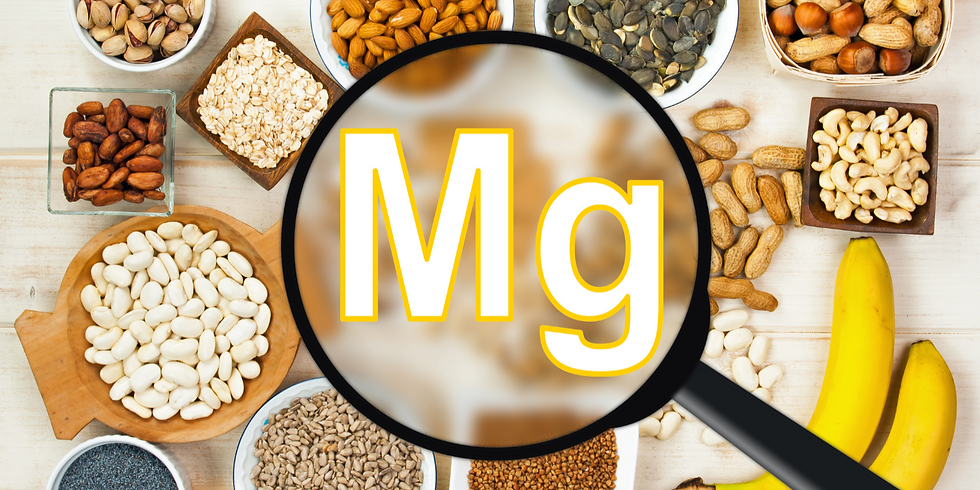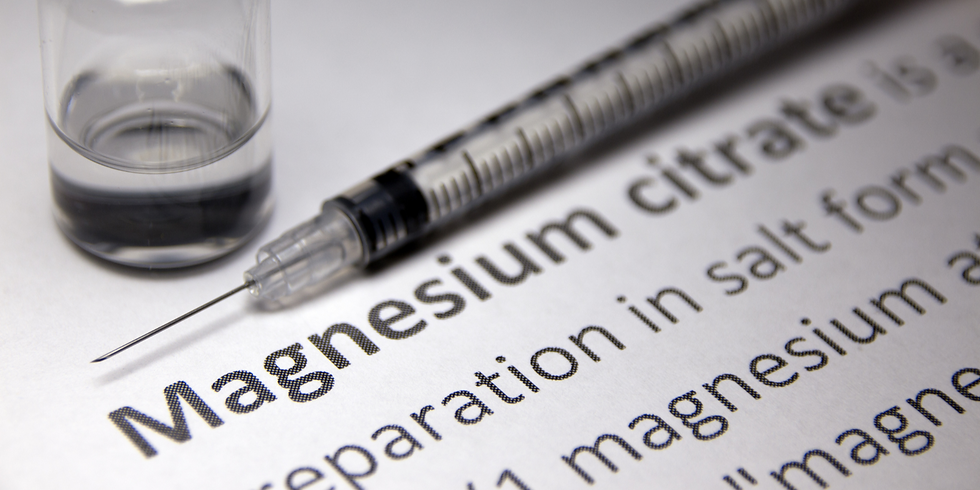Monolaurin Benefits Explained: A Natural Gut Defender?
- Katie Bailey, MS, RD, LD, FNC

- Jun 23
- 4 min read
Updated: Jun 24
Hi everyone. Welcome back to our channel.
What is Monolaurin and what is it used for?
What are the benefits and how does it support our gut health?
How do you incorporate monolaurin into your routine?
And are there any side effects to be aware of?
These are the questions I'll be addressing in today's video. Hi, I'm Katie Bailey. I'm a registered dietitian at Flusso Nutrients where we provide supplement education and professional quality supplement options for you to make the world of nutrition supplements a little bit easier to navigate.
As always, be sure to check with your main nutrition literate healthcare provider before starting anything new. As we can't know your full medical history to provide a personalized recommendation.
So without further ado, let's jump into today's topic.
[Video Transcript Below + Supplement Links Discussed In Video]
What is Monolaurin and what is it used for?
Monolaurin is a compound that's derived from loic acid, which is a medium chain fatty acid that's found naturally in coconut oil as well as human breast milk. Unlike Loic acid, monolaurin is formed when RIC acid is combined with glycerol, which is why it's also known as glycerol monolo and glycerol chlorate.

Monolaurin is used in various different industries. It's used as a food additive, an emulsifier or preservative in cosmetics, as well as an ingredient in some detergents. As a dietary supplement, it's taken for its potential antimicrobial, antiviral, and antifungal properties. It's commonly used to help prevent or treat infections as well as to support our overall immune system. In laboratory and animal studies, monolaurin has been shown to fight against bacteria like staphylococcus viruses like HIV and fungi like candida. However, there is limited research on the effectiveness of monolaurin in humans, particularly when taken as an oral supplement.
Monolaurin benefits for gut health
So Monolaurin offers several different benefits for gut health. The first is that it targets pathogens. So Monolaurin has demonstrated antimicrobial, antiviral and antifungal properties. In laboratory studies. It's been shown to inactivate bacteria such as h pylori, as well as other pathogens. Another benefit is that it preserves beneficial bacteria, so Monolaurin appears to target the harmful bacteria without significantly affecting our beneficial bacteria, which is going to really help to promote a robust and healthy gut microbiome, which is essential for our digestion and our overall immune function. The next benefit is for supporting our gut barrier function. Animal studies suggest that Monolaurin may help to repair our intestinal barrier function and improve nutrient absorption in the process, which we know is essential for our overall digestive health. And then the last benefit I want to mention is about reducing inflammation as well as supporting metabolism.
So some research indicates that monolaurin may reduce inflammation by altering the distribution of our beneficial bacteria in the gut. Now that being said, while these studies are promising, there is limited research from human studies on whether monolaurin is beneficial for digestive health.
How do you incorporate monolaurin into your routine and are there any side effects to be aware of?
Monolaurin is typically available in capsule or pellet form, and there is no standard dose, but we'll typically see ranges between 300 milligrams to a thousand milligrams per day, and it can be higher depending on your specific situation. But as always, we want to start at a really low dose and increase as tolerated, and it's also best taken with food in order to prevent the potential for any digestive discomfort. Now, generally monolaurin is well tolerated, but some do experience some mild digestive upset like loose stools or nausea, especially when taken at higher dosages.
Some may also experience fatigue or flu-like symptoms, and this is due to what we call a die off reaction or a Herxheimer reaction, which are short term. Usually symptoms due to the rapid die off of this bacteria and or yeast, which is going to be releasing toxins into the body. Any supplement you want to consult with your healthcare provider before starting, especially if you're pregnant or breastfeeding, if you have any underlying medical conditions, if you're immunocompromised or you're taking any medications.
To wrap up our topic for today,
Monolaurin is a natural supplement that has potent antimicrobial, antiviral, and antifungal properties. It supports our digestive and immune health by targeting harmful bacteria while preserving our beneficial gut bacteria. Although more research is needed, the potential benefits that it could provide with the minimal risk of side effects make it a great option for those looking to improve their gut health. If you're interested in trying it, I'll have a quality option linked below in the description box.
Alright, that's it for today's topic. If you liked this video, please hit the like button and subscribe for more nutrition videos. Let us know in the comments if you have any experience with Monolaurin or if you've tried it before or if you have any specific questions. If you're interested in working with our clinic, you can click the link here to schedule an initial appointment. We do take insurance and you can find more information about that on our website.
Thank you for watching. I'll see you next time. Bye.
Check out the high-quality supplements we discussed in this video - links below for your convenience!
1) Monolaurin-Avail by Designs for Health: create an account here, then search the name "Monolaurin-Avail by Designs for Health" - https://us.fullscript.com/welcome/flussonutrients
2) ALL PROFESSIONAL QUALITY SUPPLEMENTS: https://flussonutrients.nutridyn.com & https://us.fullscript.com/welcome/flussonutrients




Comments